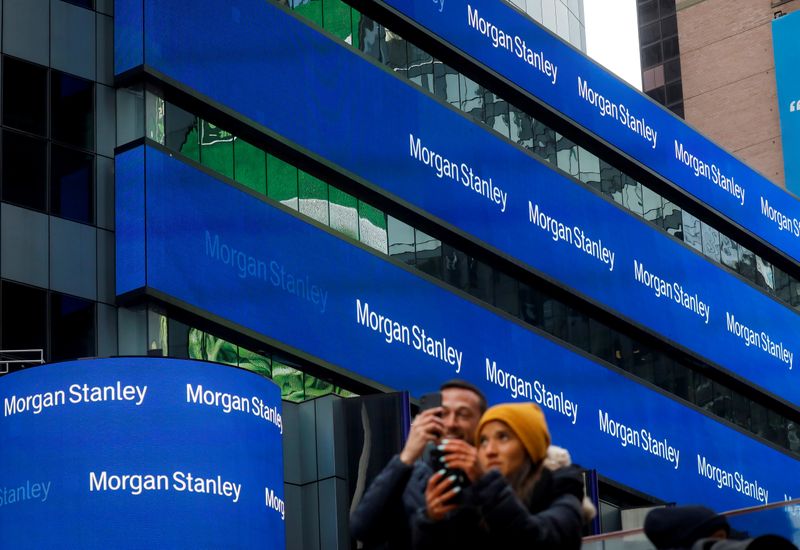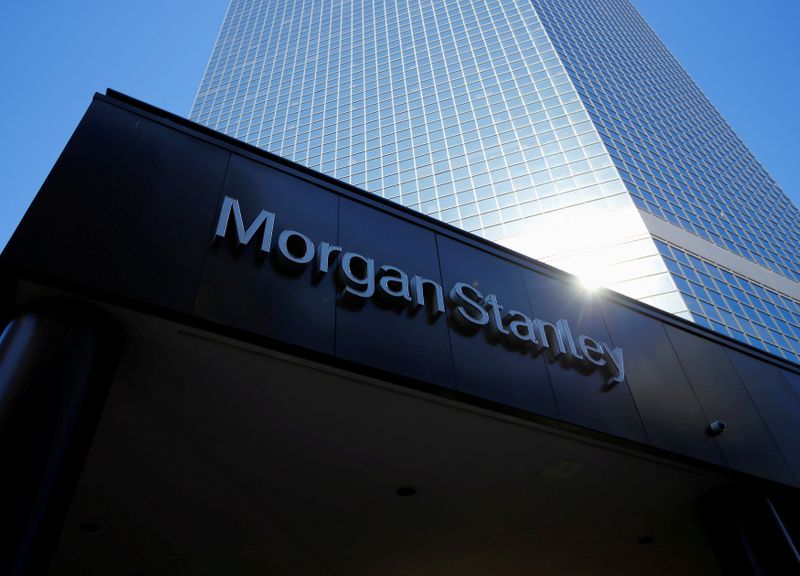By Imani Moise
(Reuters) - Morgan Stanley (NYSE:MS) is piloting a program to recruit Black talent in its sales and trading division, executives told Reuters, in corporate America's latest initiative to improve diversity after nationwide protests against racial inequality.
The Morgan Stanley Experienced Professional Program within its Fixed Income & Business Resource Management Divisions is seeking Black professionals with at least two years' full-time work experience in any field who want to work in finance.
"As long as you have the skill set around communication, analytical abilities, interpersonal skills, and you are willing to work hard, you could have a strong career," Derek Melvin, a managing director who designed the program, said in an interview on Wednesday.
The banking industry has been scrutinized for its lack of racial diversity since the May 25 death in police custody of George Floyd, a Black man, sparked demonstrations and prompted deep introspection at companies across the country.
That has led to fresh pledges to improve diversity and tie executive compensation to meeting related targets. However, such action has triggered concern from authorities.
Last week, Wells Fargo (NYSE:WFC) & Co defended its diversity initiatives after the U.S. Labor Department questioned whether they were unlawful or discriminatory.
Morgan Stanley's program is only open for up to 20 people. Melvin said he hopes the program, if successful, will be replicated across the firm's institutional securities business.
That division, the bank's largest breadwinner, reported a 21% jump in revenue for the third quarter on Thursday, helping the bank breeze past Wall Street estimates.
Successful applicants will get a month of training before doing 10-week rotations on different trading desks, leading to a full-time job.
Feedback on the program so far has been overwhelming, Melvin said. Since advertising it at the end of September, his team has received over 700 applications. Successful applicants will be chosen by the end of the year.

"Our expectations were that after a month, we'd have about 100 to work through," Melvin said in an interview. "But we've been surprised to the upside here."
